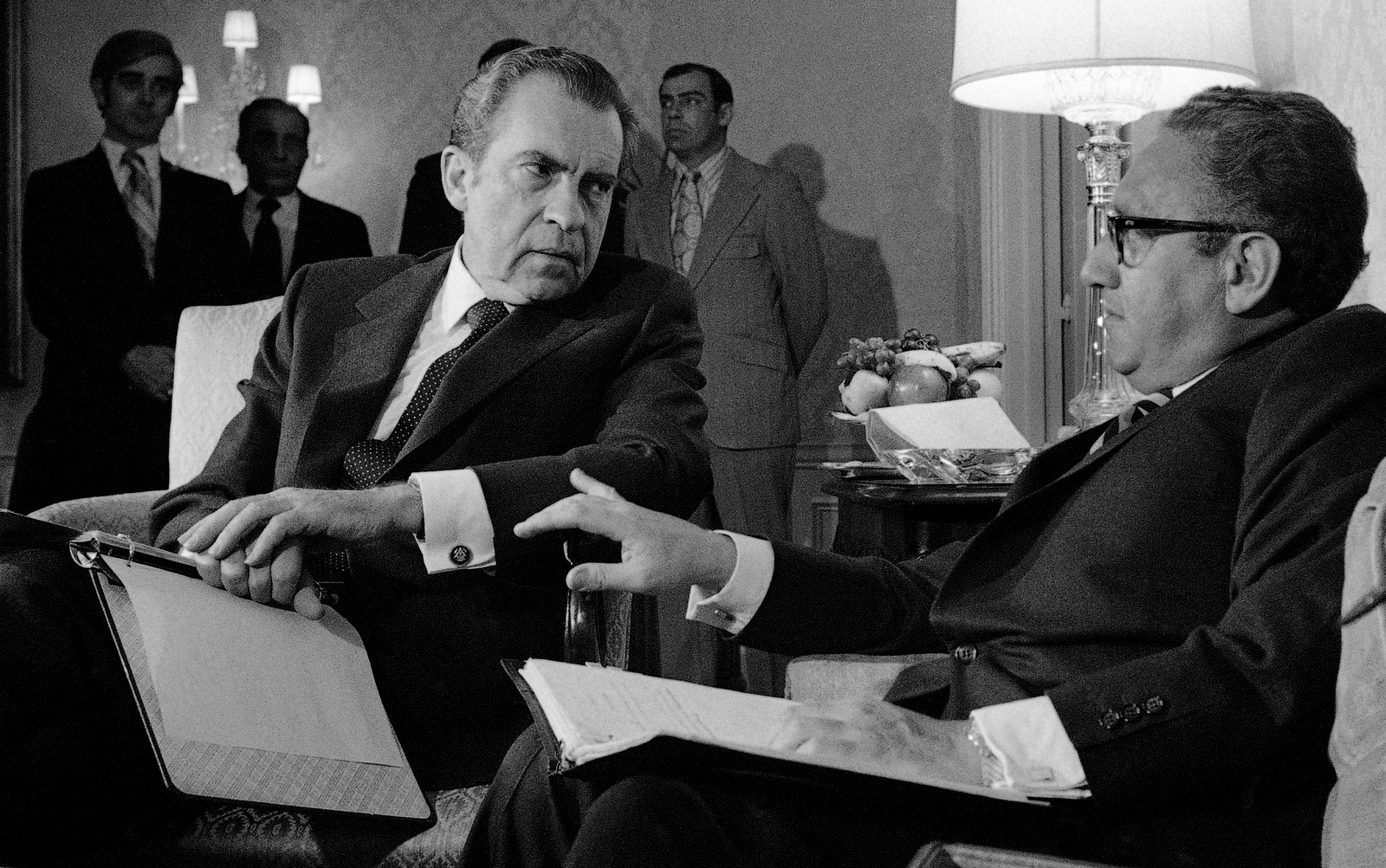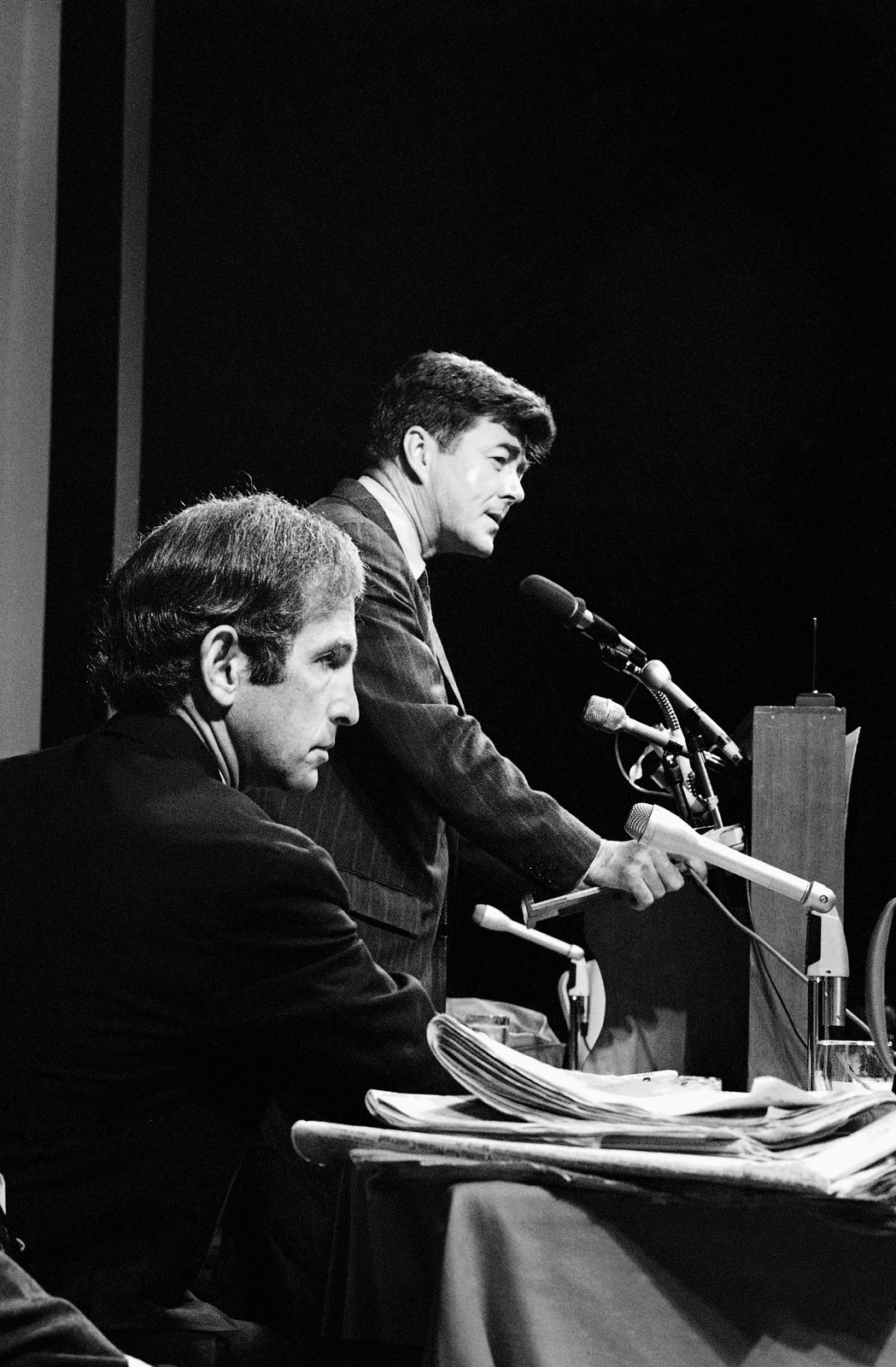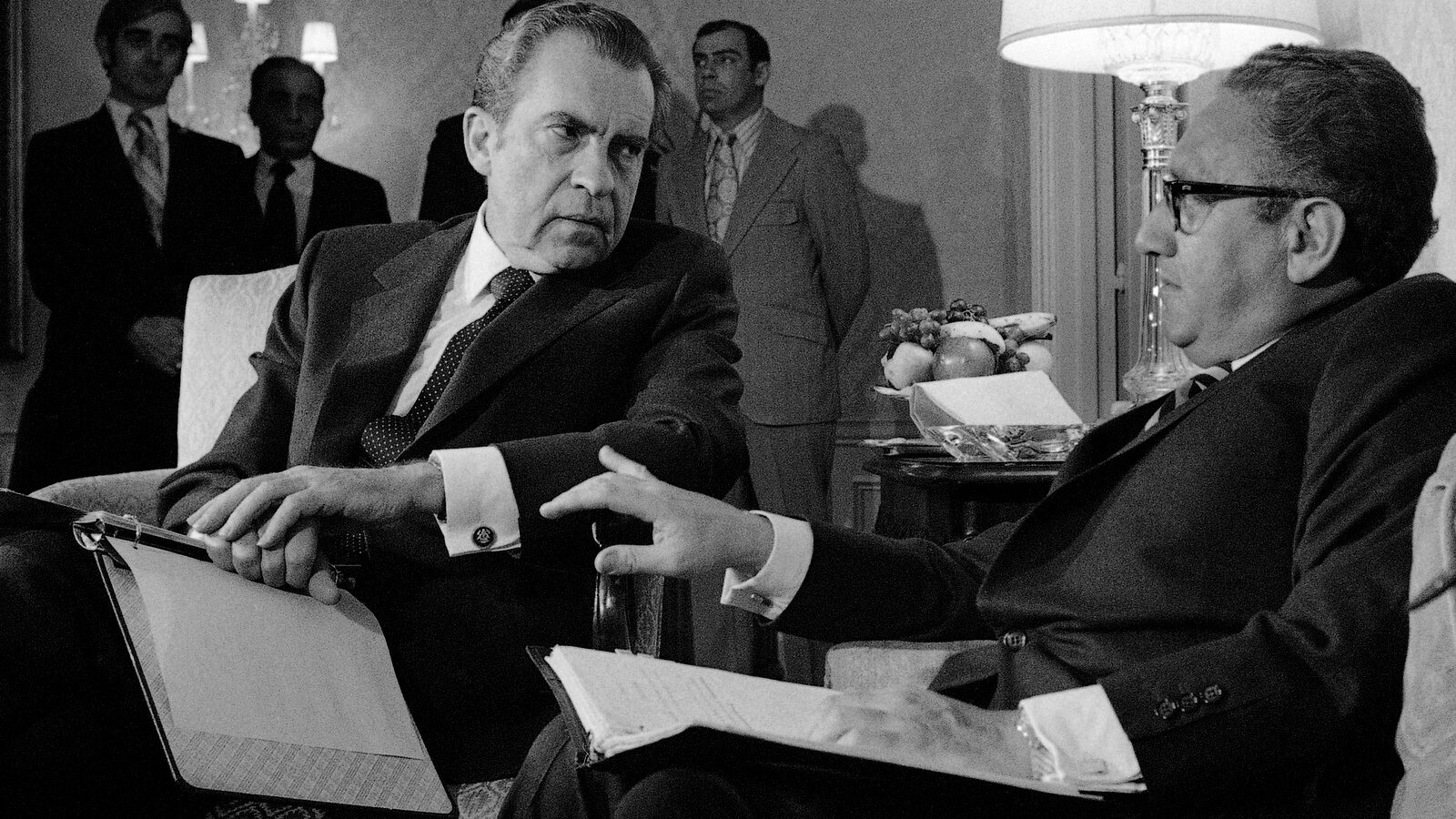
MINNEAPOLIS — MintPress News is proud to host “Lied to Death,” a 13-part audio conversation between famed whistleblower Daniel Ellsberg and social justice activist Arn Menconi.
Menconi wrote that these interviews are a “mixture of historical, political science and Dan’s sixty-year scholarly analysis as a former nuclear planner for Rand Corporation.”
For more information on the interview and Ellsberg, see the introduction to this series.
Chapter 8: Nixon ordered break-in at Ellsberg’s psychoanalyst to silence whistleblower
In this chapter, Ellsberg explained that after he released the “Pentagon Papers” to the media in 1971, President Richard Nixon feared that the whistleblower might have other documents that could threaten his administration. The president’s overreaction to those fears, Ellsberg said, would ultimately help topple the administration.

While the Pentagon Papers cover the years from 1945 to 1967, “Nixon feared, with good reason” that Ellsberg might have documents pertaining to the president’s plans to use nuclear weapons in the Vietnam War. Ellsberg explained that, prior to his indictment, he gave a memorandum on Nixon’s Vietnam War plans to Charles Mathias, a Republican senator from Maryland, who sought to expose the White House’s crimes.
In reality, the whistleblower only had access to the memorandum because he’d worked on it personally during his time as a national security advisor, and had no access to the kinds of evidence that Nixon feared. In addition, Mathias never released the memorandum because he did not want to be associated with Ellsberg’s leaks once the Pentagon Papers became the subject of legal trouble for its publishers.
Using CIA operatives like E. Howard Hunt, who was later convicted of burglary, conspiracy and wiretapping in the Watergate scandal, and other close advisors, Nixon formed a “plumbers’ group,” whose job was to “plug leaks” such as any future revelations from Ellsberg.
Ellsberg was a particularly troublesome thorn in Nixon’s side, he told Menconi, because he was “someone [Nixon] could not deter … I was already under indictment and I obviously wasn’t too open to influence.”
Hunt, along with other members of the team, orchestrated a burglary at the office of Ellsberg’s psychoanalyst, hoping to find damning information in medical records — a possibility Ellsberg dismissed as unlikely.
Lacking any blackmail fodder, Nixon’s operatives then made plans to physically incapacitate the whistleblower. A number of circumstances, including a large supportive crowd at the rally where the attack was planned, prevented them from following through on this.
Ellsberg explained that the administration wanted to make John Dean, Nixon’s legal counsel, a “fall guy” who would bear the brunt of the blame for the Watergate scandal.
However, Ellsberg explained, “during plea bargaining … [Dean] reveals on April 15, 1973 that the president had ordered this break-in to my doctor’s office back in 1971.”
The evidence found on the Nixon White House tapes about the Watergate break-in was crucial to bringing down Nixon, especially because the prosecutors “didn’t want to be seen to be defending Daniel Ellsberg,” Ellsberg said.
Even so, he insisted, “The crimes Nixon faced impeachment on were primarily crimes against me.”
Listen to Chapter 8 | Nixon Administration Sent Operatives To ‘Incapacitate’ Whistleblower:
https://soundcloud.com/arnmenconi/lied-to-death-conversations-with-daniel-ellsberg-chapter-8?in=arnmenconi/sets/lied-to-death-conversations
About Daniel Ellsberg
As sites like WikiLeaks and figures such as Edward Snowden continue to reveal uncomfortable truths about America’s endless wars for power and oil, one important figure stands apart as an inspiration to the whistleblowers of today: Daniel Ellsberg, the whistleblower who leaked the “Pentagon Papers,” over 7,000 pages of top secret documents, in 1971.
A military veteran, Ellsberg began his career as a strategic analyst for the RAND Corporation, a massive U.S.-backed nonprofit, and worked directly for the government helping to craft policies around the potential use of nuclear weapons. In in the 1960s, he faced a crisis of conscience while working for the Department of Defense as an assistant to Assistant Secretary of Defense for International Security Affairs John T. McNaughton, where his primary duty was to find a pretext to escalate the war in Vietnam.
Inspired by the example of anti-war activists and great thinkers like Gandhi and Martin Luther King, Jr., he realized he was willing to risk arrest in order to prevent more war. Lacking the technology of today’s whistleblowers, who can carry gigabytes of data in their pockets, he painstakingly photocopied some 7,000 pages of top secret documents which became the “Pentagon Papers,” first excerpted by The New York Times in June 1971.
Ellsberg’s leaks exposed the corruption behind the war in Vietnam and had widespread ramifications for American foreign policy. Henry Kissinger, secretary of state at the time, famously referred to Ellsberg as “the most dangerous man in America.”
Ellsberg remains a sought-after expert on military and world affairs, and an outspoken supporter of whistleblowers from Edward Snowden to Chelsea Manning. In 2011, he told the Chelsea Manning Support Network that Manning was a “hero,” and added:
“I wish I could say that our government has improved its treatment of whistleblowers in the 40 years since the Pentagon Papers. Instead we’re seeing an unprecedented campaign to crack down on public servants who reveal information that Congress and American citizens have a need to know.”


